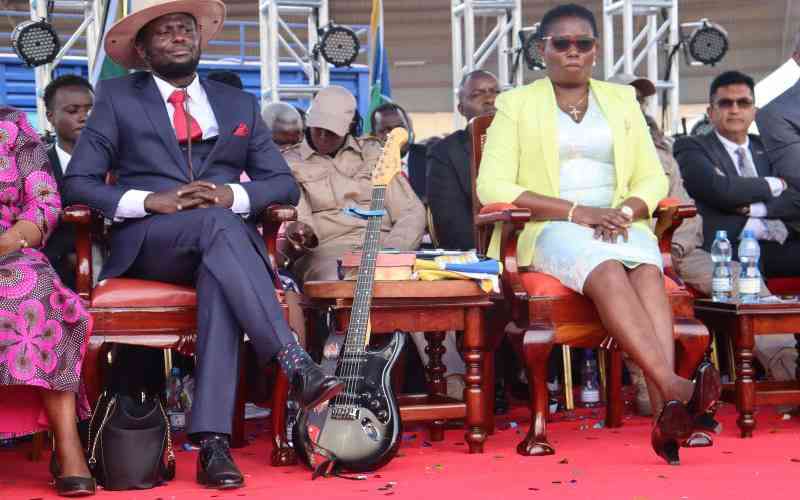
Several disturbing issues arise out of the impeachment of Meru Governor Kawira Mwangaza.
The offences she is accused of though styled as gross violation of the Constitution and the laws, all boil down to six issues; failing to follow procedures in hiring county staff, failing to submit alternative names after some of her County Executives were rejected by the assembly and instead, refashioning her ministries to the numbers approved and alleged vilification and humiliation of MCAs, its leadership and the county's other elected and appointed leaders.